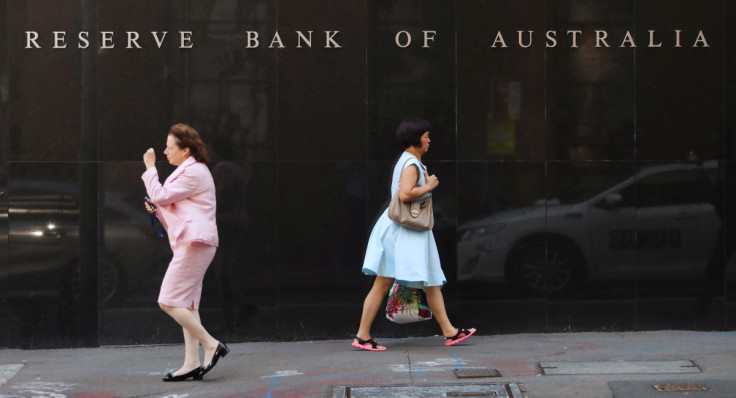The US remains the best country to be a women entrepreneur
London overtakes NYC as the best city to be a woman entrepreneur, but the US remains top of the global leaderboard.

The 2023 Women Entrepreneur Cities Index (WE Cities Index) and the Dell Women's Entrepreneur Network (DWEN) found that London has overtaken New York and San Francisco as the best city in the world for women in business.
According to the reports, female entrepreneur start-ups grew at a "colossal" rate mid the COVID-19 pandemic, which inherently boosted London to rank top against 55 other cities.
Paris was fourth on the list.
Globally however, in 2020, Israel was considered the best place to be a woman entrepreneur. For the first time ever, Israel overtook the US, which was awarded first place in 2019, as the best place to be a woman entrepreneur.
The Middle Eastern nation jumped up three places during the COVID-19 pandemic which again, ultimately led to an influx of women as independent entrepreneurs.
Soon after in 2021, the United States reclaimed its title as the top country for women in business.
The most recent 2021 report by Mastercard, which studied public data from leading business bodies like the International Labour Organisation, UNESCO, and the Global Entrepreneurship Monitor, recognised that the US ranked the highest across three main sections that consider women in business.
The female entrepreneurial activity rate in the US was 13.6 per cent of the total female working-age population. The percentage of female business owners in the US increased by more than 35 per cent post pandemic.
New Zealand and Canada also took the lead on the Mastercard Index of Women Entrepreneurs (MIWE). The MIWE reported that these economies "continue to furnish the conditions required to facilitate women's access to financial support and services", in addition to their abilities to thrive in entrepreneurial activities.
This year in May, Legal Jobs, estimated that there are around 252 million women who are entrepreneurs on a global scale. The percentage of entrepreneurs that are women in 2023, has increased by at least 114 per cent in the last 20 years.
NatWest Group analysed the number of women-founded businesses in the UK. NatWest Group found that out of an estimated 5.5 million, only around 17,500 had been founded by women aged 16 to 25.
At the bottom of the Mastercard Index of Women Entrepreneurs, was Malawi, Egypt, and Bangladesh. Although Malawi ranked in the bottom three in regard to the representation of women entrepreneurs, the MIWE results showed that women in less wealthy economies had made strong improvements in the business world.
Despite their sociocultural barriers, lack of government support, poor access to entrepreneurial grants and education, these "women continue to defy the odds", the MIWE report acknowledged.
In Bangladesh, the authorities have claimed to be taking remarkable strides towards reducing infant and child deaths, and alleviating poverty. Women in Bangladesh are also being encouraged to take on a pivotal role in the nations ambition to be gain a developed country status by 2041. The Bangladesh authorities are also promoting women's entrepreneurship.
The Mastercard also recognised: "Women continue to defy the odds, making their mark as vital economic contributors with a significant 'women's business ownership' (over 25%) of all local businesses."
The number of young female students in Bangladesh has also increased dramatically since 2021. Today, girls make up 49.5 per cent of students in primary schools, and 97.44 per cent of female students go on to enrol into further education in Bangladesh.
In 2023, Bangladesh was top of the list of South Asian countries in regard to gender equality.
Regarding female labour participation in 2021, the MIWE showed that countries in the Middle East and Africa, had the highest participation rate of women in the labour force.
A reported 79.6 per cent of manual labour entrepreneurs in Madagascar, were women. Vietnam, Angola, and Malawi were awarded second, third, and fourth place for a female participation rate of more than 65 per cent.
© Copyright IBTimes 2025. All rights reserved.






















